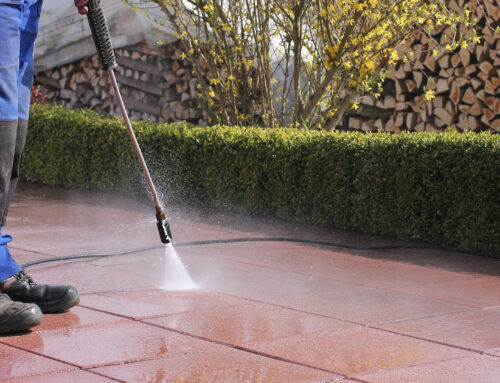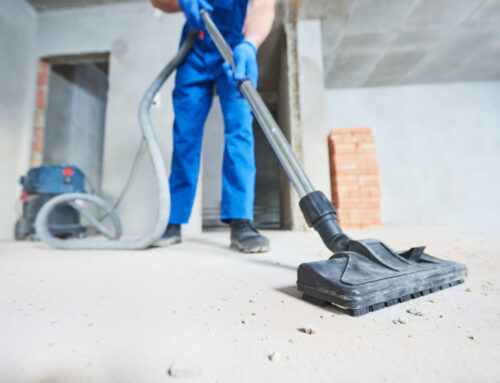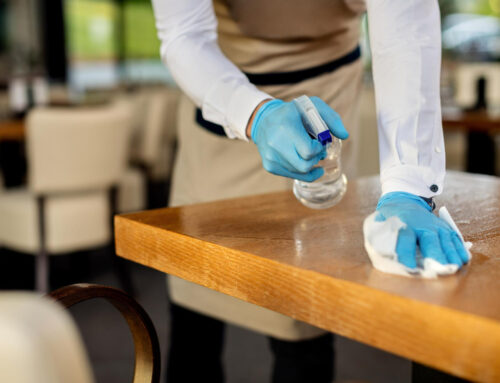Pressure washing, also known as power washing, is a highly effective method of cleaning various surfaces using high-pressure water spray. While pressure washing is commonly associated with spring cleaning or occasional deep cleaning, incorporating it into your regular maintenance routine with quarterly cleanings can bring significant benefits. In this article, we will explore the pros of pressure washing once a quarter in a year.
- Preserving Property Value
Regular pressure washing can help preserve the value of your property. Dirt, grime, mold, mildew, and other contaminants can accumulate on surfaces over time, causing discoloration, staining, and even damage. By pressure washing your property once a quarter, you can remove these contaminants, preventing them from causing long-term damage and maintaining the appearance and value of your property. This is particularly important for high-traffic areas such as driveways, sidewalks, and entryways, which are prone to heavy dirt and grime buildup.
- Preventing Safety Hazards
Safety should always be a top priority for any property owner. Regular pressure washing can help prevent safety hazards caused by slippery surfaces. Algae, mold, and mildew can make surfaces slippery, posing a risk of slips and falls, especially in areas such as walkways, patios, and decks. Pressure washing can effectively remove these slippery contaminants, making surfaces safer for pedestrians and reducing the risk of accidents or injuries.
- Enhancing Curb Appeal
The exterior appearance of your property plays a crucial role in creating a positive impression on visitors, customers, or potential buyers. Regular pressure washing can greatly enhance the curb appeal of your property by removing dirt, stains, and other unsightly marks from surfaces such as siding, brick, stucco, and concrete. A clean and well-maintained exterior can make your property look more inviting, attractive, and well-cared for, which can improve its overall aesthetics and value.
- Preventing Damage to Surfaces
Dirt, grime, and other contaminants can accumulate on surfaces over time, leading to discoloration, staining, and even damage. Regular pressure washing can help prevent such damage by effectively removing these contaminants before they can cause long-term harm. For example, pressure washing can remove moss, algae, and mold from roofs, preventing them from causing shingle damage or moisture retention. Pressure washing can also remove dirt and debris from gutters, preventing clogs and water damage to the roof or foundation.
- Saving on Maintenance Costs
Regular pressure washing can also help save on maintenance costs in the long run. By removing contaminants that can cause damage to surfaces, pressure washing can help prevent the need for costly repairs or replacements. It can also help extend the lifespan of surfaces, such as decks, patios, and fences, by removing dirt and grime that can accelerate wear and tear. Investing in quarterly pressure washing can be a proactive approach to property maintenance, helping to prevent costly repairs and replacements down the road.
- Improving Indoor Air Quality
Pressure washing can also have an indirect impact on indoor air quality. Mold, mildew, and algae on the exterior surfaces of your property can release spores into the air, which can find their way indoors and impact indoor air quality. By regularly pressure washing these surfaces, you can effectively remove these contaminants, preventing them from affecting the air quality inside your property. This is particularly important for properties with residents or employees who may have allergies or respiratory issues.
In conclusion, incorporating quarterly pressure washing into your regular maintenance routine can bring significant benefits to your property. From preserving property value and preventing safety hazards to enhancing curb appeal, preventing damage to surfaces, saving on maintenance costs, and improving indoor air quality, pressure washing can be a powerful tool in maintaining a clean, safe







